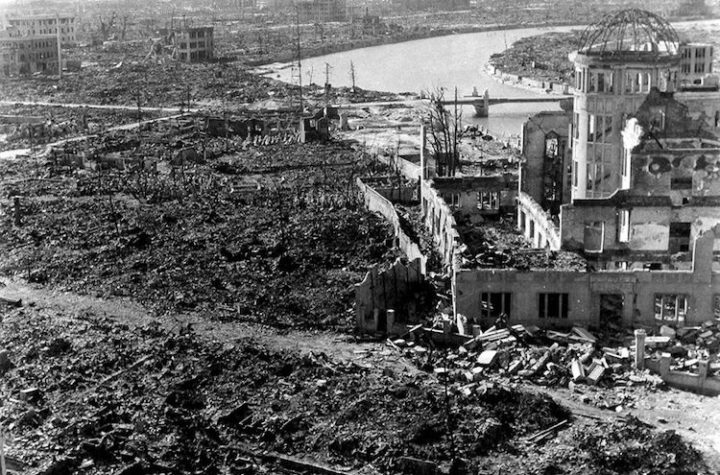The following is the text of a statement by Sergio Duarte, President, and Paolo Cotta Ramusino, Secretary-General of the 1995 Nobel Peace Laureate Pugwash Conferences on Science and World Affairs on the Ratification of the Treaty on the Prohibition of Nuclear Weapons by 50 States.
Pugwash notes with deep appreciation the deposit of the fiftieth instrument of ratification of the Treaty on the Prohibition of Nuclear Weapons (TPNW) on October 24, 2020. The Treaty will enter into force ninety days from that date. This will be an important result of the efforts of the United Nations, Secretary-General Guterres and a large number of non-nuclear States, together with several non-governmental organizations, especially ICAN, to inscribe the rejection of nuclear weapons into positive international law.
We expect the number of parties to the TPNW to increase in the near future to include in particular States that belong to existing or planned nuclear-weapon-free zones. The TPNW is fully consistent with the NPT and is the only treaty that explicitly forbids its members from hosting nuclear weapons belonging to other states. Nuclear and non-nuclear-weapon States must work cooperatively to achieve the elimination of all nuclear arsenals and the risk they pose to every nation’s security.
The TPNW stems directly from the provision contained in Article VI of the Treaty on the Non-proliferation of Nuclear Weapons (NPT) by which each of its parties undertook to pursue negotiations on effective measures relating to the cessation of the nuclear arms race and to nuclear disarmament.
Moreover, it complements the NPT by reinforcing the non-proliferation regime and providing a path to nuclear disarmament. Its Article 18 clearly states that “the implementation of this Treaty shall not prejudice obligations undertaken by States Parties with regard to existing international agreements to which they are a party, where those obligations are consistent with the Treaty”.
The rejection of nuclear weapons embedded in the TPNW is based on the common sense notion that their use would have unacceptable humanitarian and environmental consequences.
Further reductions in existing arsenals and the achievement of nuclear disarmament will obviously not automatically result from the entry into force of the TPNW. This requires possessor States to engage constructively and in good faith with the remainder of the international community to translate into reality the promise of nuclear disarmament. Humanity expects nothing less. [IDN-InDepthNews – 26 October 2020]
Photo: The nuclear bombing of Hiroshima and Nagasaki 75 years ago on 6 and 9 August—where over 170,000 people died—highlighted the dangers for mankind coming from the very existence of nuclear weapons. Source: Pugwash










